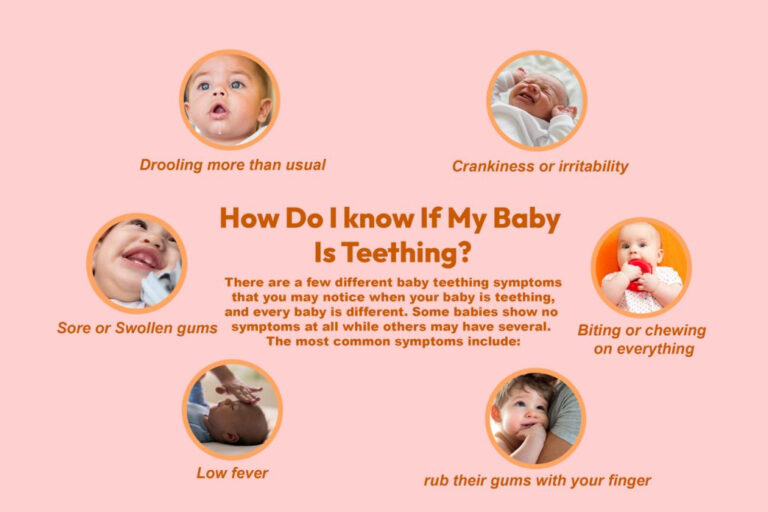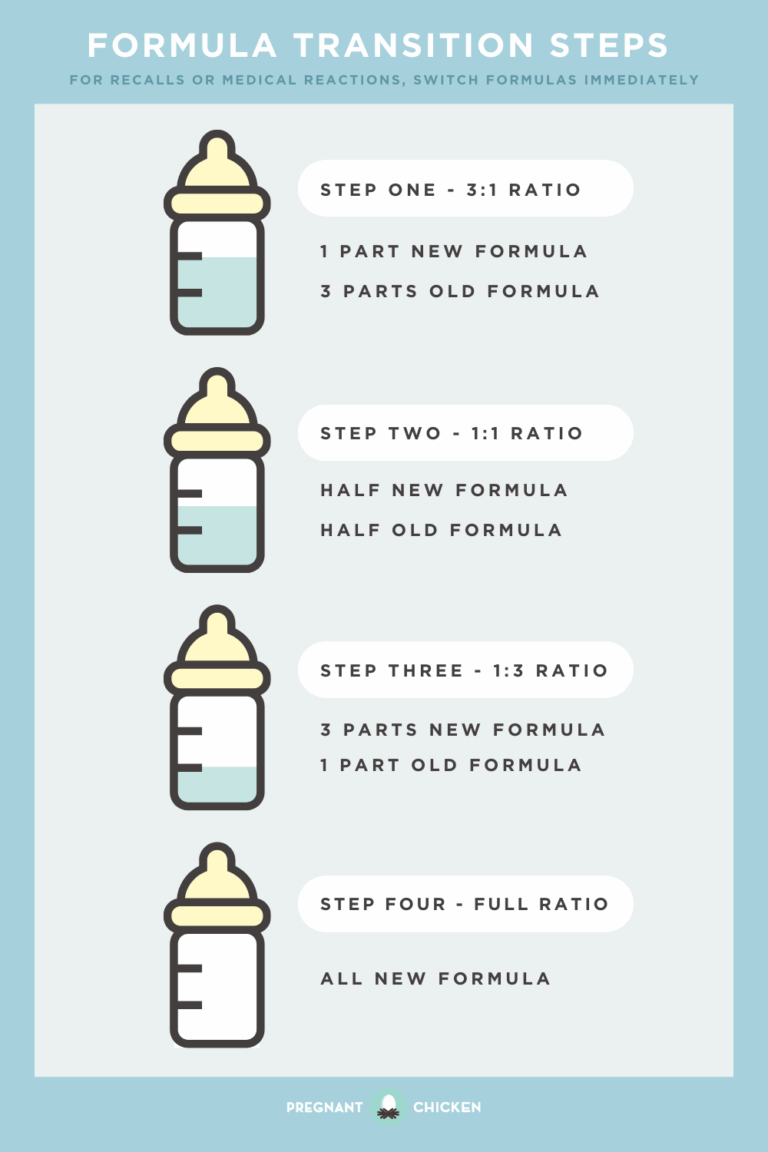How Long Until Baby Sleeps Through The Night: The Ultimate Guide
Are you a new parent eagerly awaiting the day when your baby sleeps through the night? The journey to achieving this milestone can vary for each child, but rest assured, it is a common goal for many parents. In this comprehensive guide, we will delve into the timeline of when babies typically start sleeping through the night, what factors can influence this process, and tips to help your little one develop healthy sleep habits.
Knowledge
When it comes to how long until baby sleeps through the night, it’s essential to understand the developmental stages that play a role in this process. Newborns have tiny stomachs and need frequent feedings, leading to waking up multiple times during the night. As your baby grows, their stomach capacity increases, allowing them to go longer stretches without needing to eat.
Typically, most babies start sleeping for longer periods at night between three to six months of age. However, every baby is unique, and some may take longer to establish a consistent sleep routine. Factors such as temperament, environment, and parenting practices can also impact a baby’s sleep patterns.
Establishing a bedtime routine can help signal to your baby that it’s time to sleep. Consistency is key, so try to follow the same steps each night, such as a warm bath, gentle massage, reading a bedtime story, and dimming the lights. Creating a calm and soothing environment can set the stage for a restful night’s sleep.
It’s important to note that sleep regressions can occur at various stages of infancy and toddlerhood, disrupting your baby’s sleep patterns. These regressions are often temporary and can be attributed to growth spurts, teething, or developmental milestones. Patience and understanding during these times are crucial as your baby navigates through these changes.
As your baby approaches the one-year mark, they may start consolidating their sleep, leading to longer stretches of uninterrupted rest. Encouraging self-soothing techniques, such as allowing your baby to fall asleep independently, can help them learn how to soothe themselves back to sleep when they wake up during the night.
Conclusion
In conclusion, the timeline of how long until baby sleeps through the night can vary for each child. While some babies may achieve this milestone earlier, others may take longer to establish a consistent sleep pattern. Understanding your baby’s unique needs and temperament can help guide you through this process with patience and empathy.
Parents who are looking for ways to support their baby’s sleep development can benefit from creating a calming bedtime routine, providing a nurturing sleep environment, and being responsive to their baby’s cues. Remember that every baby is different, and what works for one may not work for another. Trust your instincts as a parent and seek support from healthcare professionals if you have concerns about your baby’s sleep.
Ultimately, the journey of helping your baby sleep through the night is a rewarding experience that requires time, patience, and love. By understanding the factors that influence your baby’s sleep patterns and implementing healthy sleep habits, you can support your little one in achieving restful and rejuvenating sleep.






